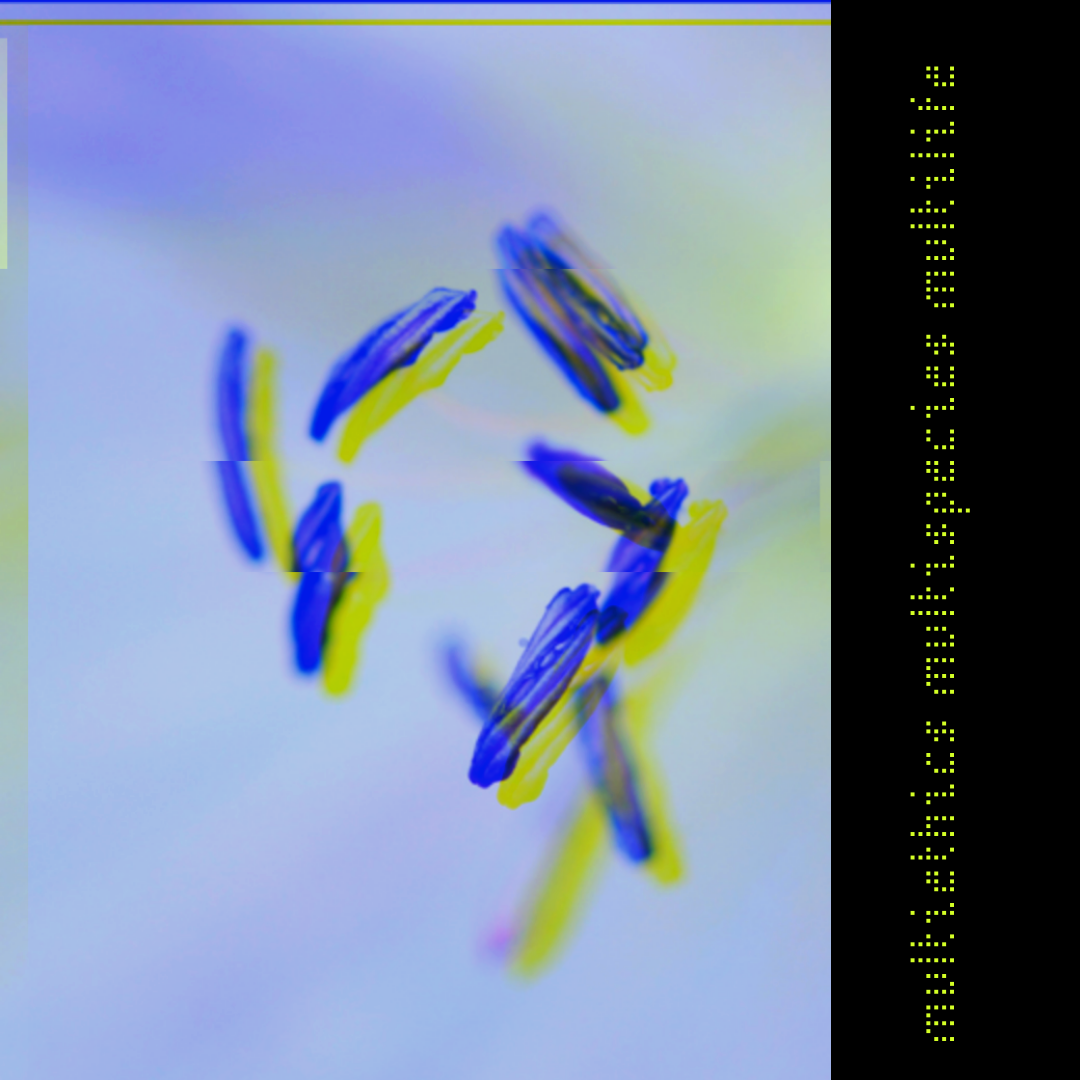
Jennifer K Sweeney
Artist Statement: Talking & Listening to Plants
My childhood was marked by wandering alone in a few acres of woods behind my rural New England house, setting out with little preparation and returning at dusklight. Knowing the area precisely—where the trees crossed just so allowing a child-size perch, where to find moss-pelted rocks, the spore-tick of mushrooms, deer tracks, birch bark unraveling, the single lady slipper that blossomed beneath pines. Silence. Discovery. Texture. Timelessness. I seemed to understand myself best in relation to nature. I felt held there. Perceiving. Perceived. From that formative solace, I returned, so often alone, to the world of plants, working on a remote farm in Siberia, Indiana, hiking the PCT, trying on the shapes of apple trees in my dancer body, camping in canyons, riverbeds, meadows, estuaries.
Where I once thought I was the thinker, the mover, passing through vast ecosystems, I have learned over and over that being with plant life is a practice in listening. That the yarrow, the nettle, the wood sorrel, the bluets, the boxelder, the goblin's gold are all making dynamic choices—rootstock, sunshaft, watercourse, mineral, mineral—and have a whole-system sensing and shifting and being, and that this continual shaping of a plant into earth and atmosphere is also a kind of thinking. Where I may have thought it is among plants that I find myself and the gifts of metaphor—or even that I am an agent of action, pruning, growing, blooming—that nudge of 'self' has softened into, opened into, a call-and-response where I am the one following.
Where my first writing toward and into nature leaned more on the discovery of the "I," a kind of soul-seeking where plants provide wisdom translated through the emotional planes, twenty-five years into this, I'm much more interested in recessing and letting fauna show me a different way to consider time, the collective, consciousness, survival, logic and surprise. As much as one can let the plants themselves take over the "I," for what is the "I" to a Western Hemlock or a blade of needlegrass, I am trying to write from otherness, to move forward in the space of a poem as milkweed moves in the wind. What does the Sierra mint know? What archive of time is the lichen at the top of the old-growth redwood? If I back the “I” away, let it be less as in the shuttered eye of the world there has almost exclusively been no “I,” the landscape, indifferent, I am what the trees wouldn’t miss. But you know the tree didn’t write the poem my friend responds. We smile. I have begun to wonder if the tree did write the poem! If I feel myself little in it, if I don’t remember the pencil, if I haven’t wrestled too much, I think I have a new way to hear the moss, the cedar, the penstemon. Then: the listening advances.
Jennifer K. Sweeney is the author of five poetry collections: Foxlogic, Fireweed (Backwaters Press/Univ. of Nebraska), Little Spells, How to Live on Bread and Music, which received the James Laughlin Award, the Perugia Press Prize and a nomination for the Poets’ Prize, and Salt Memory. The collaborative chapbook, Dear Question, with L.I. Henley, will be published in late 2024 from Glass Lyre Press. The recipient of a Pushcart Prize, her poems have recently appeared widely in About Place Journal, Birdcoat Quarterly, Guesthouse, Orion, Poetry Northwest, Sixth Finch, Terrain, The Shore, Thimble, Waxwing.


